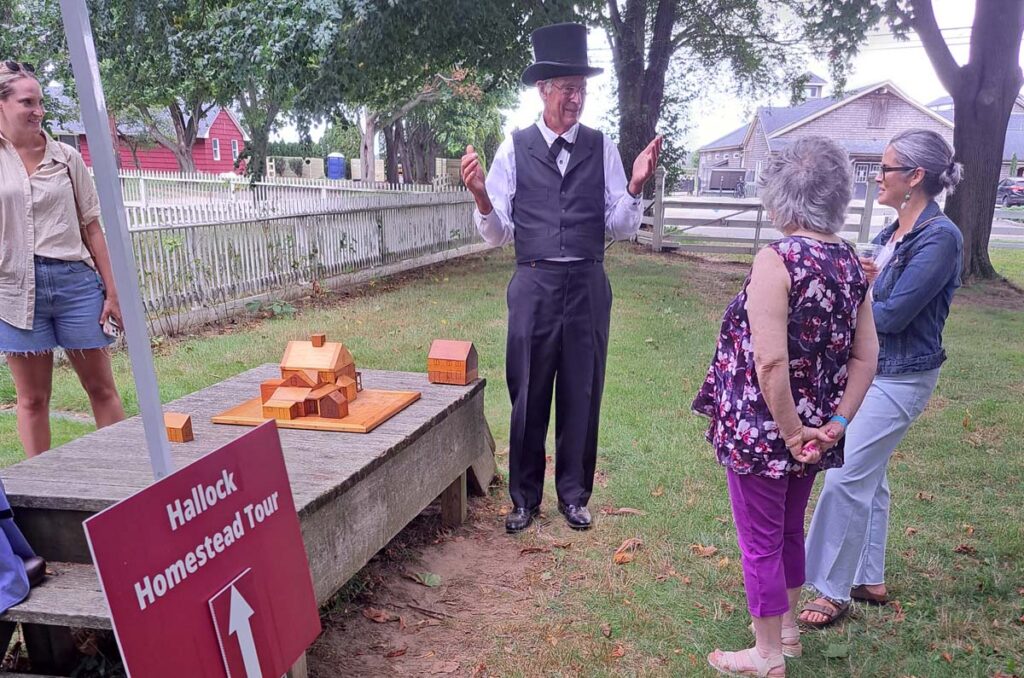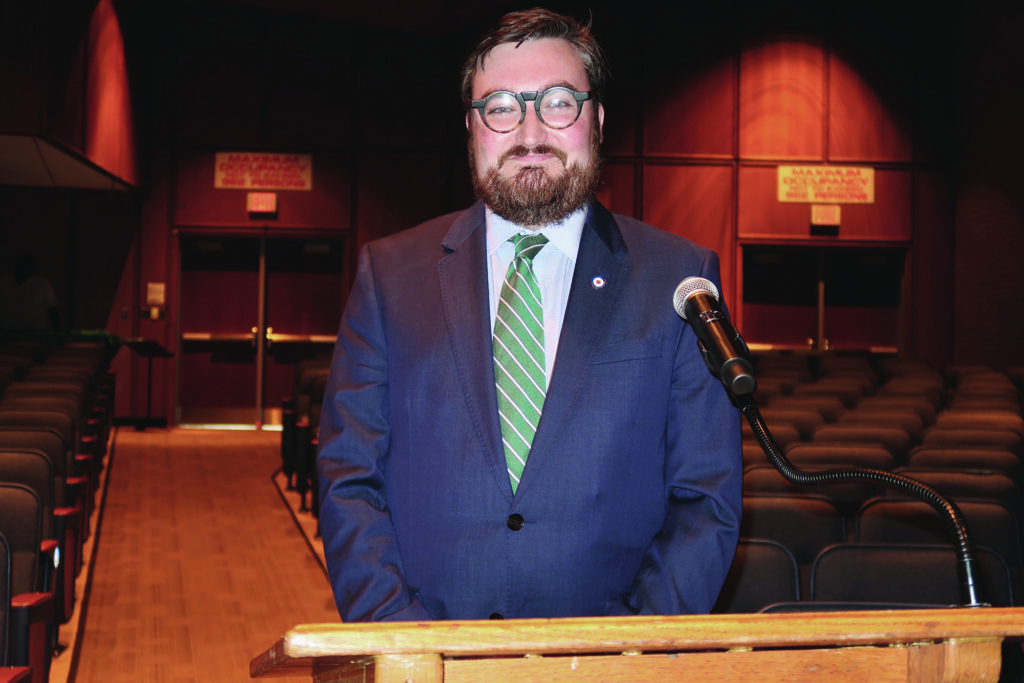Town Board appoints community members to new Law Enforcement Advisory Panel

Update: The Town Board on Tuesday voted to approve the creation of the Law Enforcement Advisory Panel.
ORIGINAL STORY
The Riverhead Town Board is expected to vote Tuesday on appointing members to a Law Enforcement Advisory Panel (LEAP) to comply with an executive order issued by Gov. Andrew Cuomo on June 12.
The order required all municipalities adopt a policing plan by April 1, 2021, by creating a task force comprised of various law-enforcement, government and community members to examine police reform.
“This resulted from an unfunded state mandate from the governor,” Supervisor Yvette Aguiar said.
She said Riverhead is fortunate to have its own police force, whereas western Suffolk towns use the county police.
“Many of our officers live in the community, shop in the community, their kids go to school in the community,” she said.
“I couldn’t agree more,” Councilwoman Catherine Kent said. “It’s helpful in Riverhead that our police department lives within our community. We known that from when they sit beside us in Stotzky Park watching our kids play ballgames.”
Ms. Kent also suggested that Rev. Charles Coverdale, the pastor of the Riverhead Full Gospel Church, be on the town panel, since he also serves on the county’s task force.
The task force, according to the resolution to appoint its members, “shall be comprised of local officials and stakeholders within the community who will perform a comprehensive review of current law enforcement policies.”
It will meet every two weeks.
The Town Board at Thursday’s work session discussed the panel and its appointments.
There will two groups, according to Ms. Aguiar.
One is the “core members” and the other is the advisory members.
The core members comprises Ms. Aguiar, Police Chief David Hegermiller, Councilman Frank Beyrodt; Dwayne Eleazer of Stop the Violence; Rev. Mary Cooper of the House of Praise; Connie Lassandro, who chairs the town’s Anti-Bias Task Force; community member Jeremy Hobson; Lane Bubka, an attorney who advises the youth court; Carlos Flores, the owner of Che Argentinian Steakhouse in Riverhead; Patricia Theodorou of the Suffolk County District Attorney’s office; Gwen Mack of the Church of the Harvest in Riverhead; Roberto Ramos, a member of the town’s Anti-Bias Task Force; Sarah Mayo, a member of the NAACP; and deputy town attorney Dan McCormick.
The advisory members includes Councilwoman Jodi Giglio; Sister Margaret Smyth of the North Fork Spanish Apostolate; Andrew Mitchell, the president and CEO of Peconic Bay Medical Center; Robyn Berger-Gaston of Family Service League; Daniel O’Shea, the executive director of Maureen’s Haven Homeless Outreach; Ron Schmitt, a retired Suffolk Corrections Officer; and Baycan Fideli, the director of Public and Fire Safety at Suffolk County Community College.
Chief Hegermiller said that whatever recommendations emerge from the task force, the town will need to find a way to fund that.
He said that getting body cameras for police officers will cost about $160,000.
Councilman Tim Hubbard, a retired town officer, said the body cameras also come with additional costs such as storage of the video and extracting video from the cameras.
Diversity is another issue being looked at. Currently, the town has one Black officer, according to the chief.
“I’ve been saying for 20 years — even longer, we’re supposed to be representative of the community, and we’re not,” he said.
“The town workforce isn’t diverse, Town Hall isn’t diverse, but our community is,” Ms. Kent said.
Chief Hegermiller said this is a difficult issue because police officers must past a civil service test, as well as other tests, before that can be hired.
“Our hands are tied,” he said. “We can only hire people who are on the list, and the list is not diverse.”
Chief Hegermiller said that 17,000 people took the police test, 13,000 passed, and only 80 scored higher than 95 on the test. Of those, the department is now down to just 21 candidates.
Ms. Kent suggested doing outreach to schools and churches to try and convince people.








